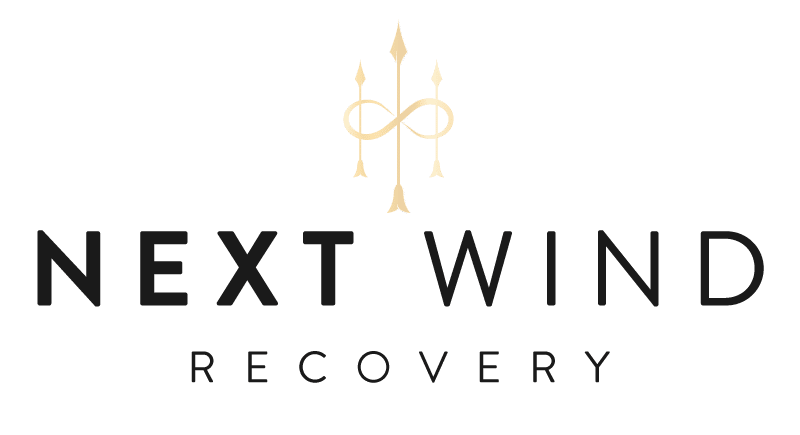If you or someone you love is struggling with opioid addiction or alcoholism, it might feel like some form of rehab isn’t enough. Those who have an opioid or alcohol addiction and don’t get MAT have the highest relapse rates and relapse within the first year of treatment. But with MAT, you can treat not only the symptoms of withdrawal, but ongoing cravings, mood swings, and other mental health struggles that lead to a relapse. This blog will explore the question, is medication-assisted treatment effective and how to find programs near you.
What is the Purpose of Medically Assisted Treatment?
Medication-assisted treatment is a form of rehab that combines FDA-approved medications with traditional therapy. With medically assisted rehab, you get ongoing medications that either block the effects of drugs or relieve the withdrawal symptoms. This type of medically assisted treatment is best for addictive substances like opioids and alcohol.
Alcohol and opioids are the most addictive substances today, posing a serious health risk to society. Both have a significant biopsychosocial impact. Opioids, for example, have the highest levels of cravings and are related to the lowest levels of self-efficacy and perceived criticism among users. Alcoholism without MAT leads to higher levels of being unemployed, single, and with a criminal record.
In both groups, the most common reason people relapse within the first year is just to put themselves in a better mood.
Is Medication Assisted Treatment Effective?
With that in mind, medically-assisted treatment is more effective because it targets the biopsychosocial effects, controls the cravings with medications, and boosts things like self-efficacy and mood thanks to ongoing therapy.
According to the PEW research center, medically assisted rehab is significantly more effective than medication or therapy alone. The combination of FDA-approved medications and therapy increases your chances of full recovery.
These medications can reverse changes to the brain’s reward system, while therapy can help provide more effective coping skills. Moreover, those struggling with opioid addiction are more likely to overdose and experience a fatal overdose without access to medically assisted treatment.
Why is it Necessary to Receive MAT at a Professional Rehab Center?
It would help if you used a MAT rehab center for your medication-assisted treatment because the medications used are FDA-approved prescription medications. You cannot get these medications at your local grocery store or order them online. Only medical professionals can administer them, monitor your recovery, and modify your dosage as necessary.
The medications administered as part of MAT are also provided during your initial detox and as part of your ongoing therapy. The use of the FDA-approved medications legally requires you to complete ongoing therapy at the same time. You cannot get the prescriptions for MAT without attending individual and group therapy sessions, something that your therapist and counselor have to report back to your doctors and the government.
Finding Comprehensive MAT in North Jersey
If you are to get help at a MAT rehab center in North Jersey, come to Next Wind. Our medically assisted rehab program helps you manage your pain and cravings. Getting through the first few days of your withdrawal can sometimes be the most difficult part.
With our medication-assisted treatment, we can help you manage mood fluctuations. Instead of living with a perpetually bad mood and reverting to drugs or alcohol to feel good, we can help you reduce the euphoria you get from opioids or alcohol so that a relapse is a less attractive option. We also help avoid substituting one type of drug with another by integrating medications like Naltrexone into our medically assisted treatment.
We know how hard it can be to function without drugs and alcohol after an addiction, but our caring team is here to help increase your chances of success with MAT and ongoing therapy. Contact Next Wind Recovery today to learn more about our New Jersey outpatient rehab.








